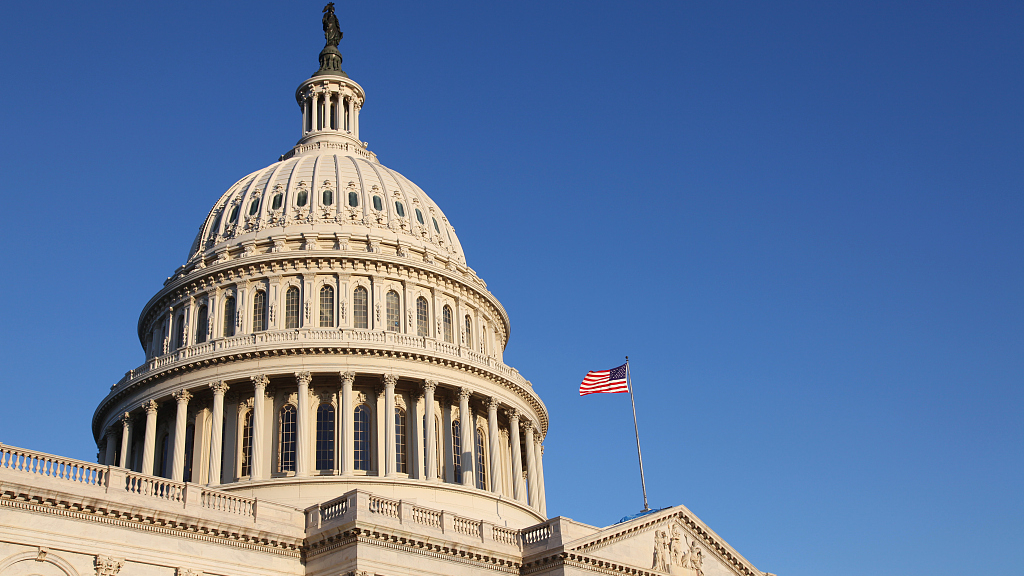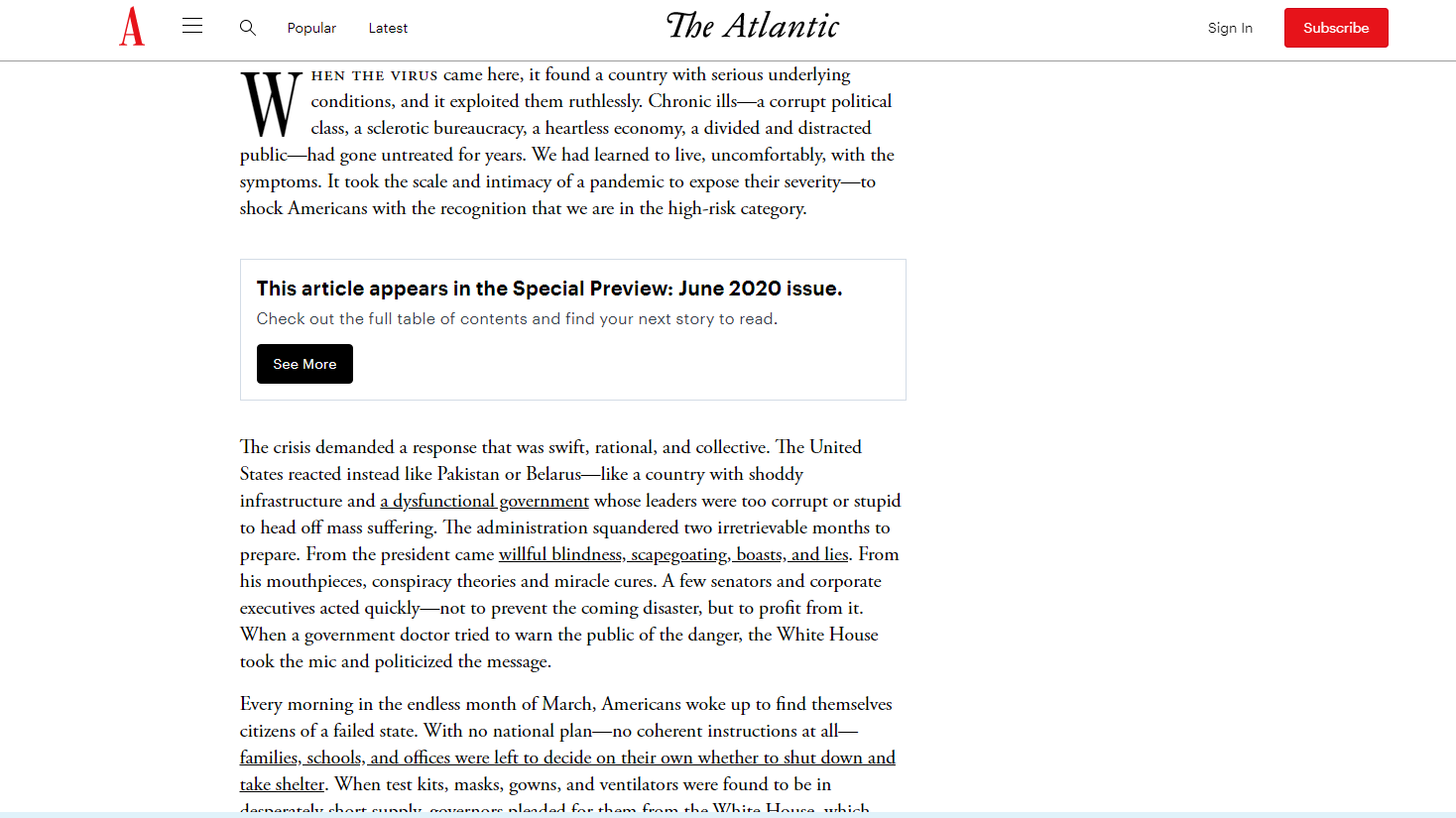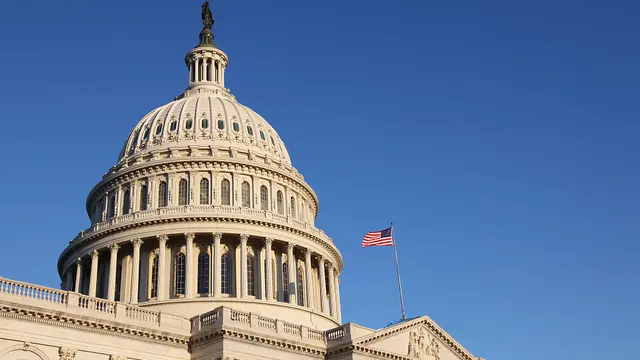
Editor's note: Andrew Korybko is a Moscow-based American political analyst. The article reflects the author's opinions, and not necessarily the views of CGTN.
George Packer, a staff writer at The Atlantic, recently published the online version of a provocative article that the outlet plans to release in its June 2020 in-print edition. Titled "We Are Living in a Failed State," the writer makes the extremely controversial claim that the coronavirus exposed the U.S. as a failed state, describing its dysfunctionality in the socio-political spheres as akin to a patient with underlying conditions who's more at risk of dying from the disease than anyone else.
That clever opening, however, soon gives way to a hyper-partisan screed which detracts from the spirit of what he's trying to convey. He starts off strong enough, reminding the reader of how the U.S. "squandered two irretrievable months" to prepare itself for this pandemic, during which time there was a visible lack of action from the federal level on down which later exacerbated the ongoing crisis. Packer also wrote how America, "the world's richest nation," had to receive urgent medical aid from abroad because of how unprepared it was.
All of those are valid criticisms, but then The Atlantic staff writer unfortunately let his political bias get in the way of further conveying the important point that the problem at play isn't just a single man, but the system as a whole. Packer is clearly opposed to the President, and he isn't shy about expressing it. In fact, he even compares him to Nazi collaborator Marshal Philippe Pétain of the Vichy regime in World War Two-era France, writing that "Trump collaborated with the invader and abandoned his country to a prolonged disaster."
From that moment onward, Packer abandons any pretense of objectivity in order to basically blame Trump for everything that's wrong with America and especially its response to the coronavirus. Instead of acknowledging Obama's role in weakening America's preparedness to the pandemic, which Trump never tires of reminding the public about, Packer simply writes off those years as nothing more than "reforms" which "had only palliative effects."

Screenshot of The Atlantic article.
The real problem, he believes, is that "Trump acquired a federal government crippled by years of right-wing ideological assault, politicization by both parties, and steady defunding." While indirectly acknowledging the role that the Democrats also played in the present dysfunction through his quip about "politicization by both parties," Packer then spends the rest of his time talking about how Trump is supposedly more at fault than anyone else for dividing America and grossly mismanaging its response to this pandemic.
That's not exactly true, though. America officially has a federal system, and while the federal government has definitely been expanding its powers at the states' expense (especially during Bush and Obama's terms), the states are still more directly responsible for managing crises such as this one. Trump has a point when he repeats one of his favorite claims that Obama left the country woefully unprepared in this respect. It was Obama's federal failings and subsequent state mismanagement that bungled Washington's response, not just Trump.
Of course, the reader wouldn't expect Packer to acknowledge that since it was already obvious beyond any doubt at that point that his article is a partisan hit piece against the President, though one should remember that the spirit of his provocative title still rings true to an extent, just not in the way that he portrays it. It's hyperbole to describe America as a "failed state", but critically analyzing its systemic dysfunction and imperfect response to the virus (to put it mildly) from that angle opens one's mind to some uncomfortable observations.
The United States' hyper-partisanship (ironically epitomized by Packer's piece) and the political class' corruption combined over nearly the last three decades to create the proverbial "perfect storm" that's shaken America to its core during the current crisis, which catalyzed a chain reaction of tangential crises that have since proven to be largely uncontrollable. America hasn't failed, at least not yet, but there's an ominous feeling among many that it's been going down the wrong path for far too long and that serious changes are long overdue to save it.
(If you want to contribute and have specific expertise, please contact us at [email protected].)
 简体中文
简体中文

